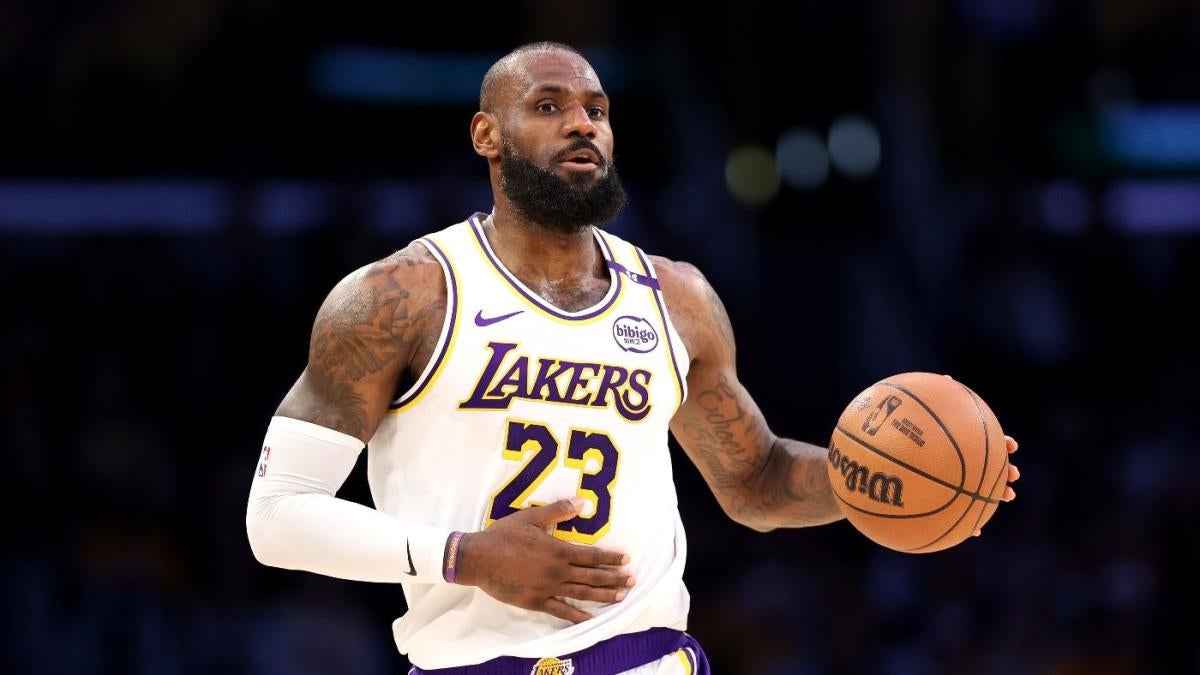EU Ruling Against FIFA Transfer Fees Obvious To American Sports Lawyers

Photo by Harold Cunningham/Getty Images
In an October 4, 2024 decision, the Court of Justice of the European Union, the EU’s top court, ruled that certain of FIFA’s rules requiring compensation to be paid to a player’s former club when the player changes team violate EU law. The Court found that the rules unreasonably “impede the free movement of professional footballers” and unreasonably restrain cross-border competition. American courts reached the same conclusion as to similar restraints imposed by its sports leagues decades ago.
The Lassana Diarra Case
The underlying case concerns Lassana Diarra, a now-retired French player. Diarra played for Russian club Lokomotiv Moscow in 2013-14. After a dispute with Lokomotiv, Diarra’s contract was terminated. He was then reportedly in negotiations to play for the Belgian club Charleroi. However, Diarra claims that the negotiations were unsuccessful because Charleroi believed it would have to pay compensation to Lokomotiv under FIFA’s Regulations on the Status and Transfer of Players. Those regulations require clubs that sign or acquire players to pay compensation to the players’ prior teams depending on various factors, such as the costs involved in in training the player and the players’ age and contract status. These payments, referred to as training or solidarity compensation payments, are intended to compensate teams for the costs associated with developing players and can be in the millions of dollars.
Diarra sat out the 2014-15 season and eventually commenced the litigation which has now successfully challenged FIFA’s rules.
The NFL’s Rozelle Rule
FIFA’s rules are not new in their design. In 1963, the NFL implemented the Rozelle Rule. The Rule, named for then-NFL Commissioner Pete Rozelle, was a unilaterally imposed rule whereby players could sign with other teams upon the expiration of the contract, but the Commissioner could award players to the club which the player left. The Rule had a chilling effect on player movement, as only four players changed clubs between 1963 and 1973.
In 1972, Baltimore Colts tight end and future Hall of Famer John Mackey filed a lawsuit alleging that the Rozelle Rule was a violation of antitrust law. Specifically, Section 1 of the Sherman Act prohibits two or more parties from conspiring to unreasonably restrain trade in a market. Mackey claimed that NFL clubs, by collectively agreeing on and implementing the Rozelle Rule, were not competing in a free and open market for players’ services as required by antitrust law.
The District Court of Minnesota and the Eighth Circuit Court of Appeals agreed with Mackey. Of particular relevance to the instant decision on FIFA’s rules, the Eighth Circuit held that “the asserted need to recoup player development costs cannot justify the restraints of the Rozelle Rule. That expense is an ordinary cost of doing business and is not peculiar to professional football.”
The Mackey case was one of many between the 1970s and 90s in which players successfully challenged restraints on the labor market in the NFL, NBA, and NHL (challenges to MLB’s restrictions were complicated by its anomalous antitrust exemption, now repealed in relevant part). The leagues for decades had unilaterally prohibited or restricted free agency, diminishing competition among the clubs and player salaries and choice at the same time.
The Non-Statutory Labor Exemption
As a result of the players’ legal wins, the leagues turned to negotiating with their players to have such restrictions protected by the non-statutory labor exemption, perhaps the most important concept in sports and the law. The non-statutory labor exemption is a policy crafted by the Supreme Court which grants antitrust immunity to employers who agree on rules that restrain the labor market so long as those rules are negotiated with the employees’ union.
For decades now, the non-statutory labor exemption has underpinned labor relations in America sports. In exchange for salary caps, player drafts, and limits on free agency, the players receive a guaranteed portion of league income (which is largely from television broadcast rights). After years of litigation concerning the bounds of the exemption in the 1980s and 90s, labor relations in American sports has been quite peaceful in recent years.
The EU Own Goal
For whatever reason, it does not appear that the European sports industry – or courts – learned from the decades of litigation in American sports. FIFA’s rules are problematic because they were not negotiated with the players. Article 101 of the Treaty on the Functioning of Europe (TFEU) is functionally the same Section 1 of the Sherman Act in prohibiting unreasonable restraints of trade among two or more parties.
Yet, the EU too recognizes a non-statutory labor exemption, permitting certain restraints on the labor market if they are negotiated with the union. Consequently, FIFA – and its member national leagues – could likely lawfully impose their transfer restrictions if they were agreed to by the players, just as American sports leagues have been doing for nearly 50 years.
Related
Rivalry games highlight final week of college basketball’s regular season
The college basketball season has wound down toward the end, with some conference tournaments already starting.The major co
SBJ adds National Sports Forum to event portfolio
Sports Business Journal today announced the planned acquisition of the National Sports Forum, an organization known for its annual, marquee conference for sport
Report: Shedeur Sanders to visit Browns this week
Quarterback Shedeur Sanders said last month that his first pre-draft visit would be with the Browns and it is reportedly go
Mavericks’ Kyrie Irving reportedly out for season after suffering torn…
Dallas Mavericks star Kyrie Irving will miss the rest of the NBA season after suffering a torn ACL in his left knee, according to ESPN's Shams Charania.Irving w










